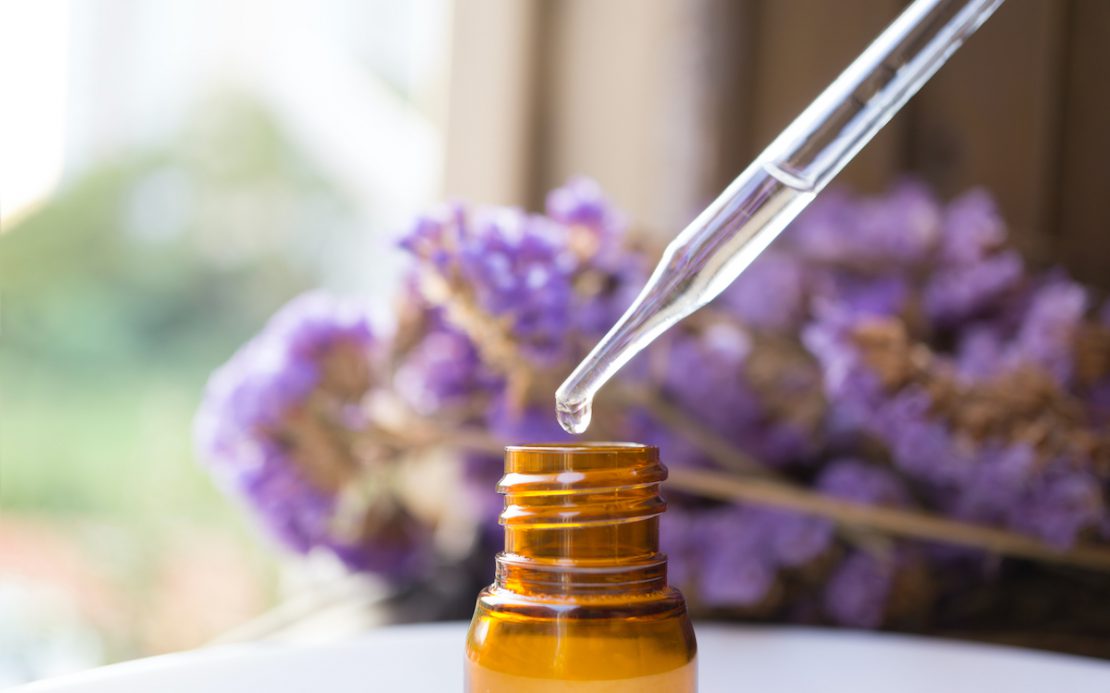Table of Contents
When the temperature outside drops and your heater cranks on, you need to break out more than your winter coat to protect yourself from the elements. Seasonal changes and prolonged exposure to heating units can draw the moisture out of your skin and leave it parched and rough.
Keeping your skin hydrated is important, but chugging eight glasses of water a day may not be enough to do the job.
That’s where skin serums come in.
Hydrating products like serums can help your skin lock in and retain moisture, giving it that youthful glow of healthy skin. When it comes to choosing the best serum for dry skin, it’s important to know which formulas contain ingredients that will soothe and hydrate.
What Causes Dry Skin?
Dry skin can be painful, annoying, and can even be a blow to your self-esteem. The causes don’t always have to do with the season, and it can affect you in different ways.
Symptoms of dry skin include:
- Skin that feels tight or stretched, especially after showering
- Prone to flaky, peeling, or scaly skin
- Rough patches
- Itchiness
- Irritation or inflammation
These symptoms can be annoying to deal with even when you only experience them during the winter, but other factors can leave you with dry skin year round. Understanding what strips your skin of moisture is the first step to combating it.
Long, hot showers or baths, or exposure to soaps and detergents that are harsh on your skin or cause an allergic reaction can contribute to dry skin. If you have eczema or psoriasis, you’ll be more prone to dryness and skin irritation.
Skin has a protective barrier that protects us from toxic pollutants or exposure to other environmental factors like allergens that might cause us harm. If the skin is damaged, we suffer, so it’s important to keep that barrier hydrated and healthy. One way we can take the health of our skin into our own hands is to choose skincare options that have soothing, hydrating effects.
Top Ingredients That Encourage Hydration
Serums are an excellent method to treat your skin to the lasting soak it needs, but with so many options, how do you choose? A smart way to make sure your skin regains that fresh, hydrated glow is to pick formulas that soothe and promote moisture.
Here are some of the key ingredients to look out for when looking for the best serum for dry skin:
-
Ceramides – Ceramides are fatty acids found naturally in our bodies, and are an important part of the protective barrier in our skin. Over time ceramides deplete, but some studies have shown that topical products like serums containing ceramides can help repair the skin barrier by mimicking the body’s own way of moisturizing.
-
Hyaluronic Acid – This ingredient is popular for both its anti-aging and hydration properties. Hyaluronic acid has the ability to retain water molecules, counteract dehydration, and plump out fine lines.
-
Glycerin – Glycerin is a type of moisturizing agent that can pull water from the air into the outer layer of your skin. In addition to hydrating your skin, it can help repair the outer layer to the skin as well as improve elasticity and firmness.
-
Panthenol – Made from vitamin B5, panthenol has anti-inflammatory properties that can help quench dry skin and heal wounds.
-
Niacinamide – Also known as vitamin B3, niacinamide is used in serums to help soothe irritated or inflamed skin from eczema or acne. It also has anti-aging properties and helps lock in moisture.
-
Aloe vera – Aloe vera is the go-to option for sunburns, so it makes sense that some serums include this super plant in their formulas. It contains antioxidants like vitamins A, C, and E, and protects from free radical damage such as UV exposure. For dry skin, aloe vera softens and moisturizes.
There are many different types of skin, and some popular serums may contain ingredients that may aggravate dry skin instead of helping it. In general when choosing a hydrating serum, stay away from:
- Retinol
- Exfoliating acids (such as salicylic and glycolic acids)
- Anything with a lot of added fragrance
These ingredients may help other skin conditions, but are harsh on sensitive skin.
How to Incorporate Serums In Your Routine
The order you apply serum in your skincare routine can be an important factor in maximizing its benefits. If you apply it after lotion, for example, the serum won’t be able to penetrate past that thick barrier and your skin won’t be able to soak up all the useful ingredients.
Apply after you cleanse and tone your skin with just a few drops, then lock it in with a layer of moisturizer. For extra caution, you can always do a patch test the day before using any product for the first time to test your skin for an allergic reaction.
Find The Best Serums for Dry Skin at a Discount With RebateKey
Dry skin needs moisturizing agents. And sometimes, staying hydrated with water and simple name-brand topicals just won’t do the trick. That’s when serums for dry skin come in.
Serums can be costly, but taking care of your skin doesn’t have to be. With RebateKey, you’ll have access to top quality hydrating serums without the high price tag. Just search for the product of your choice and reap the benefits!
Sources:
Pharmaceutical Research 2018 February. Topically Applied Ceramides Interact with the Stratum Corneum Lipid Matrix in Compromised Ex Vivo Skin. https://www.ncbi.nlm.nih.gov/pmc/articles/PMC5801391/
Dermato Endocrinology, 2012 July. Hyaluronic Acid: A Key Molecule in Skin Aging. https://www.ncbi.nlm.nih.gov/pmc/articles/PMC3583886/
British Journal of Dermatology. Glycerol and the Skin: A Holistic Approach to Its Origin and Functions. https://www.healthline.com/health/beauty-skin-care/niacinamide#benefits
Healthline. Why is Panthenol Used in Cosmetics? https://www.healthline.com/health/panthenol#uses
Indian Journal of Dermatology, 2008. Aloe Vera: A Short Review. https://www.ncbi.nlm.nih.gov/pmc/articles/PMC2763764/




